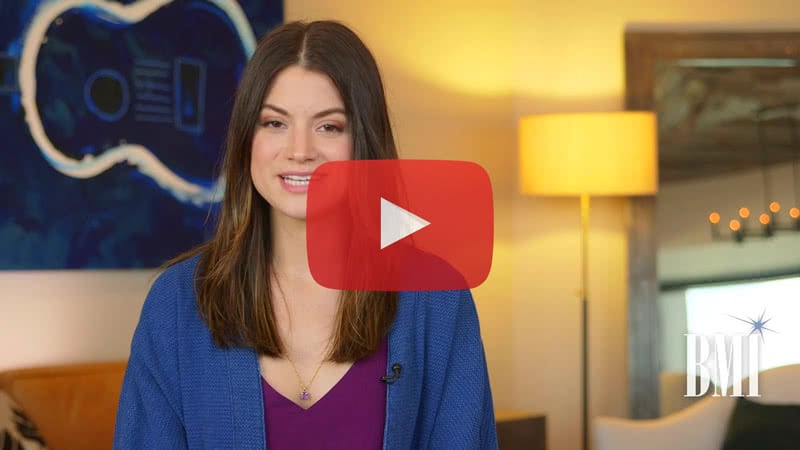


BMI is an American performing rights organization that represents songwriters, composers and music publishers. Often called PRO’s, performing rights organizations collect licensing fees from businesses that use music, including television and radio stations; websites, broadcast and cable networks; the Internet and mobile technologies; satellite radio services such as Sirius XM; nightclubs, hotels, bars, restaurants, breweries, colleges, fitness facilities, live concerts and many other industries. The fees that BMI collects are then distributed as royalties to the songwriters, composers, and music publishers we represent. BMI has been in operation for more than 80 years, is recognized in U.S. copyright law as a licensor of music, and currently represents more than 1.4 million copyright owners and their over 22.4 million works.
A BMI license provides businesses with the legal authorization needed to use a very powerful product: music. This product is the music creator’s property, so a licensing agreement protects your business or organization from the penalties involved in copyright infringement. This service also saves music users the immense time and expense of contacting each songwriter, composer, or publisher for permission to play their music publicly, and your payment ensures the continued creation of music – for you and your business.
You may contact BMI at (888) 689-5264 or email: .(JavaScript must be enabled to view this email address) . Once you are in touch with a BMI Licensing Representative, in most cases they can help you secure a license over the phone or set you up for online services. Once licensed, you can also pay your fee and manage your account online at BMI.com/licensing.
Under federal copyright law, when copyrighted music is performed in any establishment, regardless of whether it’s on TVs, radio, recorded, streamed, on a jukebox or performed by a live band, DJ or karaoke, the business owner must obtain permission from the copyright owner. In most cases, that permission comes in the form of a music license.
A “public performance” of music is defined in U.S. copyright law to include any music played outside a normal circle of friends and family that occurs in any public place. A public performance also occurs when music is transmitted to the public, via radio, TV broadcasts, digital service providers, and any other means. Songwriters, composers, and music publishers have the exclusive right to play their music publicly and to authorize others to do so under the copyright law. This is known as the “Performing Right.” This right was designed to enable and encourage music creators to receive compensation for the music they create. BMI only licenses performing rights and does not license mechanical or synchronization rights. For more information on performing rights, click here.
Currently, BMI represents the public performance rights in over 22.4 million musical works created and owned by more than 1.4 million songwriters, composers and music publishers in all genres of music. You can search the entire repertoire of music by song title, artist, songwriter, composer or publisher, including songs that are 100% BMI, at https://www.bmi.com/special/songview.
Songview is a data platform developed by ASCAP and BMI, the nation’s two largest performance rights organizations (PROs), to provide the public with a comprehensive view of ownership shares for the vast majority of works licensed in the United States. With Songview integrated into our databases, ASCAP and BMI are able to display more detailed, authoritative and consistent copyright ownership data for performing rights for over 20 million songs in our combined repertoires. The information is accessible on both the ASCAP and BMI websites for free, and you can tailor your search for the information that you want. For more information on Songview, click here.
If a business plays music but does not have a music license in place, BMI tries to work with those business owners to ensure that they have the permission they need to publicly perform music, which enhances the overall customer experience and adds value to businesses everywhere. BMI actively works to educate businesses about the value that music brings to their establishment, the requirements of copyright law, and the importance of maintaining a music license. After several attempts have been made to reach the business owner through phone calls and letters, an in-person visit might occur.
The annual rate depends on the type of business. BMI works with the various industries that use music to come up with specific licenses that meet the needs of each business. For example, rates for restaurants, nightclubs, bars and similar establishments depend on whether the music is live or recorded, whether it’s audio only or audio visual, the number of nights per week music is offered, whether admission is charged and several other factors. Each market is different however, so check with a BMI representative for more information on licensing fees.